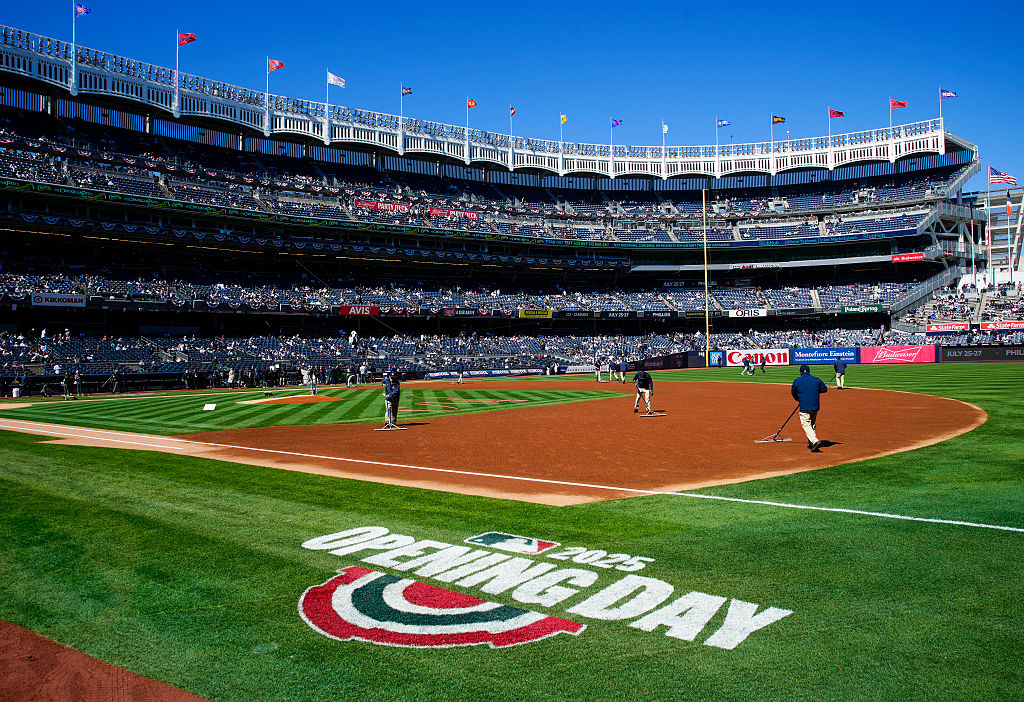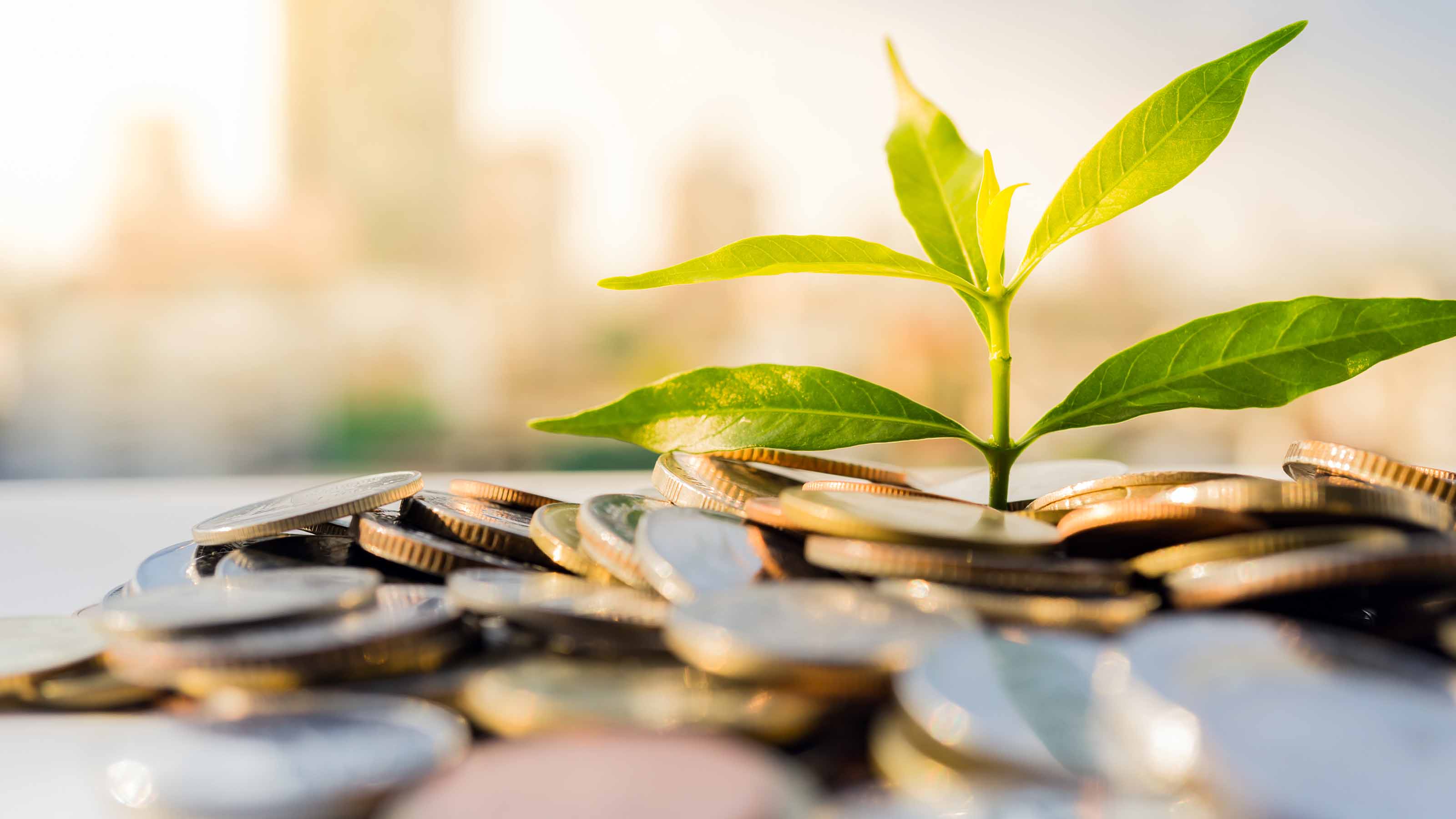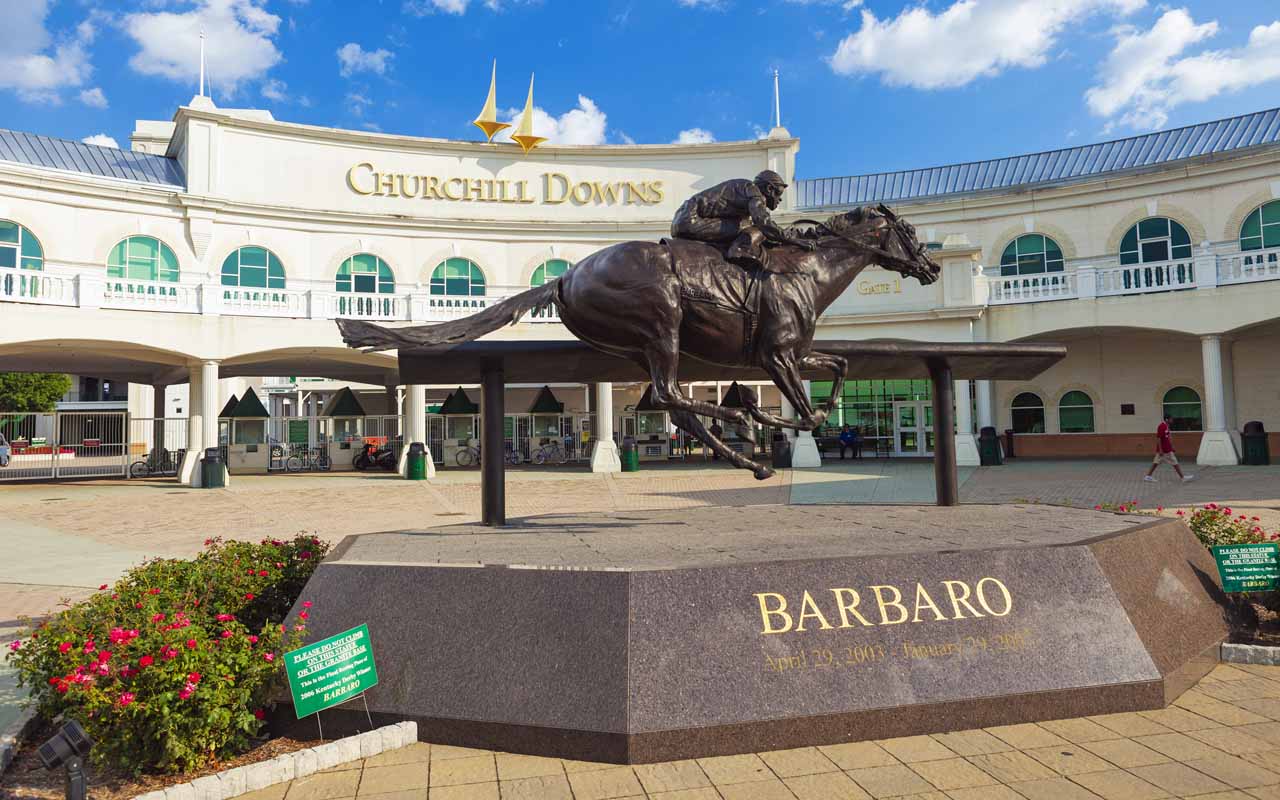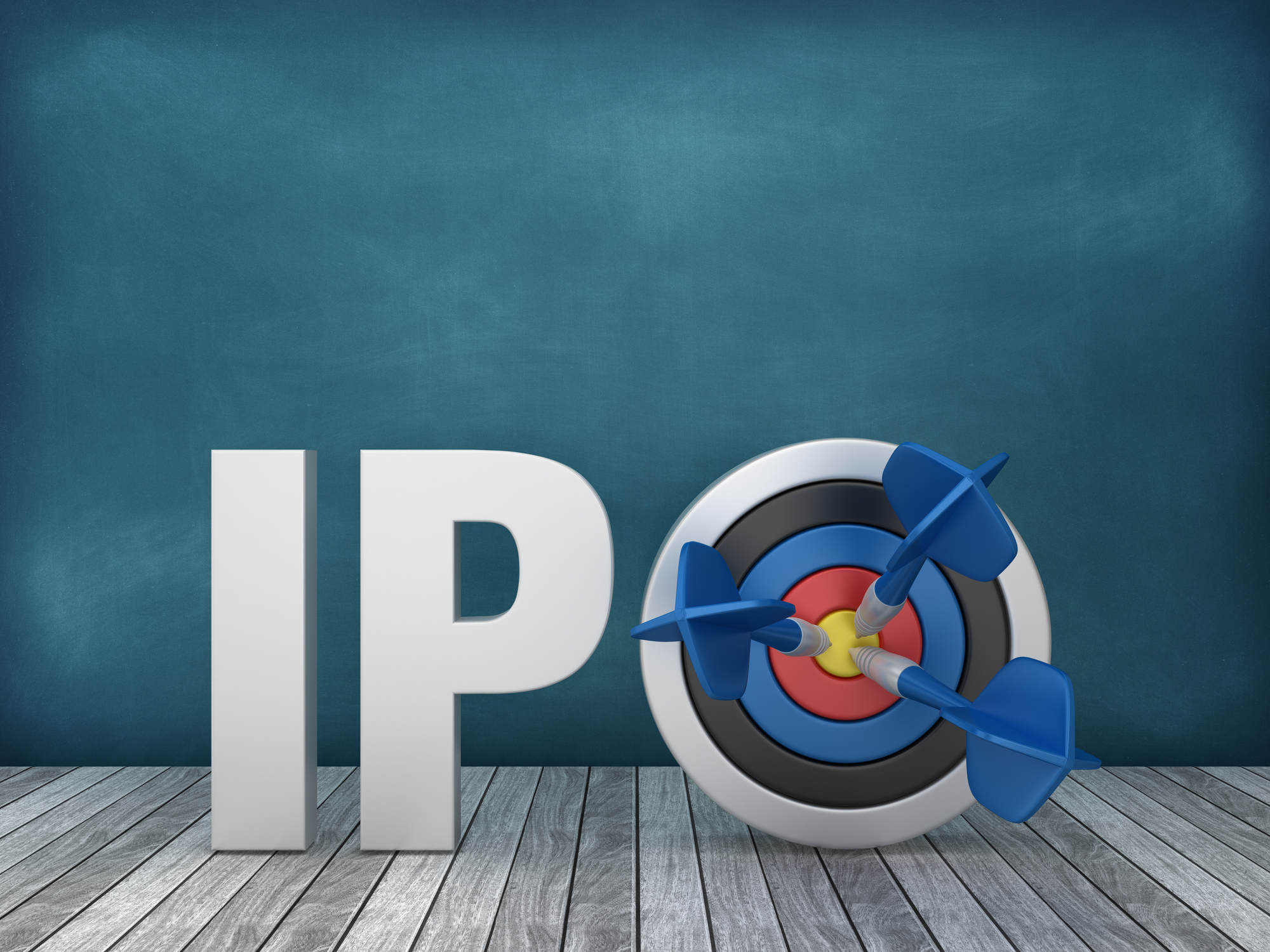Cheap Opportunities in Private-Equity Firm Stocks
Take advantage of the market's pessimism about the industry, and buy into buyouts.

Profit and prosper with the best of Kiplinger's advice on investing, taxes, retirement, personal finance and much more. Delivered daily. Enter your email in the box and click Sign Me Up.
You are now subscribed
Your newsletter sign-up was successful
Want to add more newsletters?

Delivered daily
Kiplinger Today
Profit and prosper with the best of Kiplinger's advice on investing, taxes, retirement, personal finance and much more delivered daily. Smart money moves start here.

Sent five days a week
Kiplinger A Step Ahead
Get practical help to make better financial decisions in your everyday life, from spending to savings on top deals.

Delivered daily
Kiplinger Closing Bell
Get today's biggest financial and investing headlines delivered to your inbox every day the U.S. stock market is open.

Sent twice a week
Kiplinger Adviser Intel
Financial pros across the country share best practices and fresh tactics to preserve and grow your wealth.

Delivered weekly
Kiplinger Tax Tips
Trim your federal and state tax bills with practical tax-planning and tax-cutting strategies.

Sent twice a week
Kiplinger Retirement Tips
Your twice-a-week guide to planning and enjoying a financially secure and richly rewarding retirement

Sent bimonthly.
Kiplinger Adviser Angle
Insights for advisers, wealth managers and other financial professionals.

Sent twice a week
Kiplinger Investing Weekly
Your twice-a-week roundup of promising stocks, funds, companies and industries you should consider, ones you should avoid, and why.

Sent weekly for six weeks
Kiplinger Invest for Retirement
Your step-by-step six-part series on how to invest for retirement, from devising a successful strategy to exactly which investments to choose.
My portfolio has taken a surprising turn of late. I am now actively rooting for Stephen Schwarzman, chief executive of the Blackstone Group (symbol BX), whose living room features an enormous portrait of, well, Stephen Schwarzman. He should grow even wealthier and bask in even more self-love now that I have invested in his company. And I am hoping that Henry Kravis and George Roberts, the original 20th-century barbarians at the gate, will now live long and prosper because my fund also owns shares of their firm, KKR & Co (KKR).
Blackstone and KKR are the two leading publicly traded private-equity firms. They engage in what used to be called leveraged buyouts. In an LBO, a buyer uses some equity and more debt to acquire a company, with the idea of selling it for a big profit later. After some LBO shops became known for their slash-and-burn approach to cost-cutting, the industry adopted the more dignified private-equity moniker. Classic LBOs account for 26% of Blackstone's business. The company also invests heavily in real estate and various kinds of debt, and it has a thriving fund-of-funds hedge-fund business. KKR focuses on LBOs, although it puts 25% of its assets in real estate.
Tarnished Image
Investors are down on private-equity firms. As a value guy, I sense opportunity in all this pessimism. Some think the industry made so many bad deals in 2006 and 2007 that most of the players would never recover. Not true. The KKR fund that was launched in 2006, which included many troubled deals, was marked at 73 cents on the dollar at the end of March 2009. But at the end of June 2010, it was valued at $1.05. The most recent Blackstone real estate fund was down 60% at one point. Now Blackstone says the fund will reach break-even by year-end.
From just $107.88 $24.99 for Kiplinger Personal Finance
Become a smarter, better informed investor. Subscribe from just $107.88 $24.99, plus get up to 4 Special Issues

Sign up for Kiplinger’s Free Newsletters
Profit and prosper with the best of expert advice on investing, taxes, retirement, personal finance and more - straight to your e-mail.
Profit and prosper with the best of expert advice - straight to your e-mail.
Detractors say the firms are bloated with cash they can't invest. Well, they are flush -- Blackstone has $29 billion in dry powder and KKR has $12 billion -- but merger activity is increasing. On August 13, Blackstone announced the largest private-equity deal of the year: its $4.7-billion purchase of Dynegy, an electric-power company. Other naysayers think private-equity companies won't be able to raise new money, but Blackstone just garnered $16 billion in two funds that were launched in 2010.
Finally, some think 2008 dealt a body blow to managers of so-called alternative assets. But, says Goldman Sachs analyst Marc Irizarry: "The best alternative managers will continue to gain share because this is such a tricky environment to invest in. This will become more of a brand-name business, which is great for Blackstone and KKR."
The stocks are cheap. At its early-October price of $13, Blackstone traded at nine times analysts' earnings estimates for 2011 of $1.44 per share. KKR, at $11, trades at just six times 2011 earnings. You can get a sense of the cheapness of the stocks by looking at the fees these companies generate. Irizarry says that if you multiply the companies' management fees by 16 -- a standard value measure for traditional asset managers -- the results suggest that investors assume that the companies will generate negligible, if any, performance-incentive fees. Irizarry thinks KKR's stock can rise 25% from here. Analyst Chris Kotowski, of Oppenheimer & Co., thinks Blackstone's stock can reach $20, a 52% gain from current levels. (Note that both firms are set up as limited partnerships; that means you may face hassles when you file your income taxes.)
Despite their stumbles, KKR and Blackstone have magnificent long-term records. KKR has had a 26% internal rate of return since its founding in 1976. (Without getting into what IRR means, trust me when I tell you the number is fabulous, exceeding even Warren Buffett's performance.) And Blackstone has returned well over 20% annualized to investors. These stellar outfits' stocks are mispriced.
Columnist Andrew Feinberg writes about the choices and challenges facing individual investors.
Profit and prosper with the best of Kiplinger's advice on investing, taxes, retirement, personal finance and much more. Delivered daily. Enter your email in the box and click Sign Me Up.

-
 How Much It Costs to Host a Super Bowl Party in 2026
How Much It Costs to Host a Super Bowl Party in 2026Hosting a Super Bowl party in 2026 could cost you. Here's a breakdown of food, drink and entertainment costs — plus ways to save.
-
 3 Reasons to Use a 5-Year CD As You Approach Retirement
3 Reasons to Use a 5-Year CD As You Approach RetirementA five-year CD can help you reach other milestones as you approach retirement.
-
 Your Adult Kids Are Doing Fine. Is It Time To Spend Some of Their Inheritance?
Your Adult Kids Are Doing Fine. Is It Time To Spend Some of Their Inheritance?If your kids are successful, do they need an inheritance? Ask yourself these four questions before passing down another dollar.
-
 How to Invest in Sports
How to Invest in SportsIf it's springtime, Forbes is out with its annual list of baseball franchise values. The billions involved might make you wonder how to invest in sports.
-
 The Best Financial Stocks to Buy
The Best Financial Stocks to BuyFinancial stocks play a critical role in the economy and are a key component of any well-rounded portfolio.
-
 Special Dividends Are On The Rise — Here's What to Know About Them
Special Dividends Are On The Rise — Here's What to Know About ThemMore companies are paying out special dividends this year. Here's what that means.
-
 A Comeback for Dividends
A Comeback for DividendsInvesting for Income The biggest hikes in the Kiplinger Dividend 15 were 10% increases from Home Depot and Procter & Gamble.
-
 9 Ways You Can Own Famous Landmarks
9 Ways You Can Own Famous Landmarksinvesting If you're lucky enough to see the Kentucky Derby – standing-room tickets for May's 146th running recently sold for $89 online – you can wager a few bucks and perhaps take away a small profit for your memories.
-
 Two Dividend Payers That Beat the S&P 500
Two Dividend Payers That Beat the S&P 500investing The average yield for the favored 15 is 3.7%, exceeding both the S&P 500 and the bellwether 10-year Treasury note.
-
 The 25 Biggest U.S. IPOs of All Time
The 25 Biggest U.S. IPOs of All TimeIPOs The biggest IPOS in U.S. history include a major chipmaker, a ride-hailing firm and a handful of global telecoms.
-
 Why This Hedge-Fund Manager Is Shutting Down
Why This Hedge-Fund Manager Is Shutting Downinvesting Now I plan to invest a chunk of the family portfolio in index funds—oh, the horror!